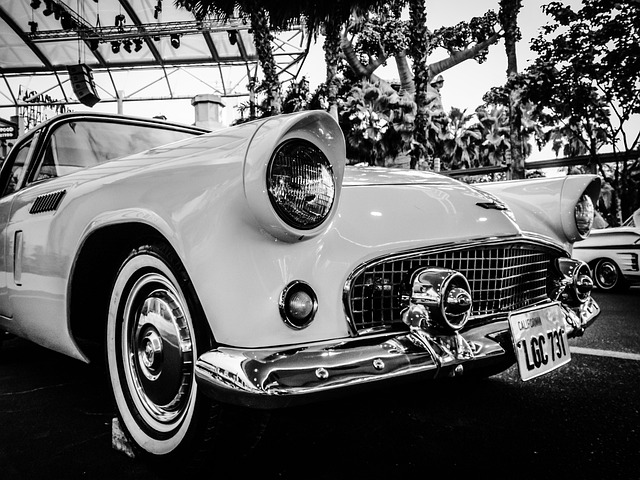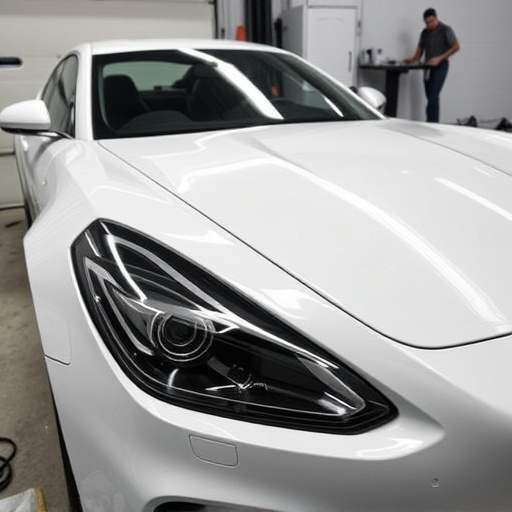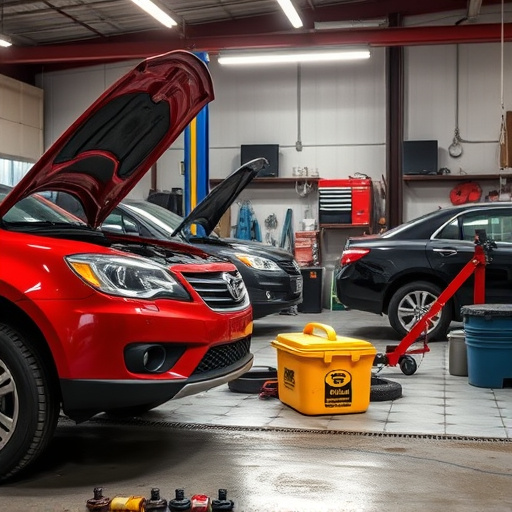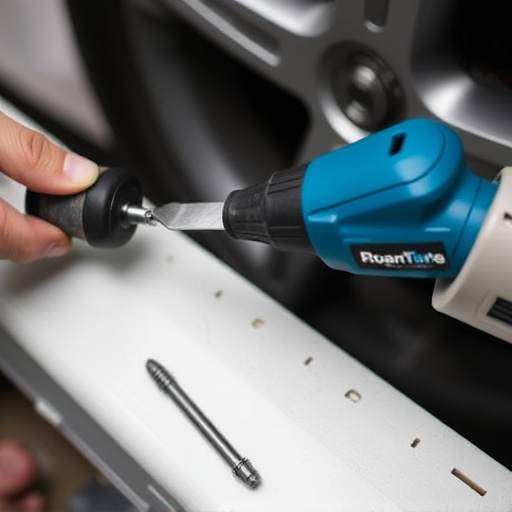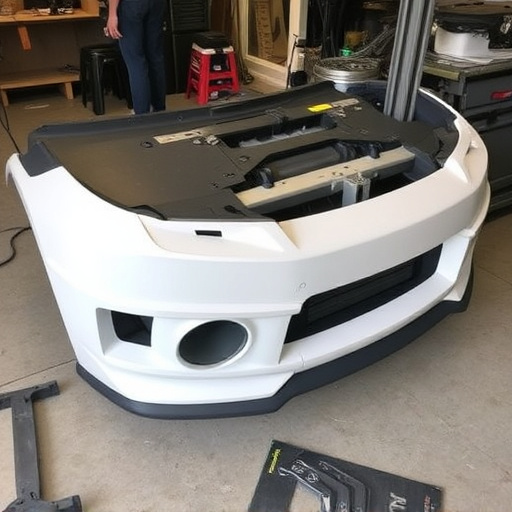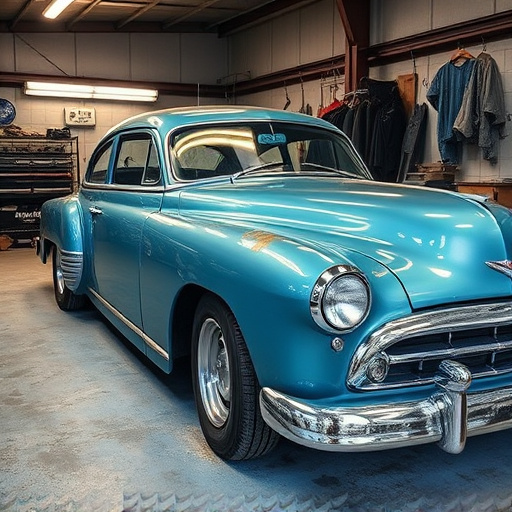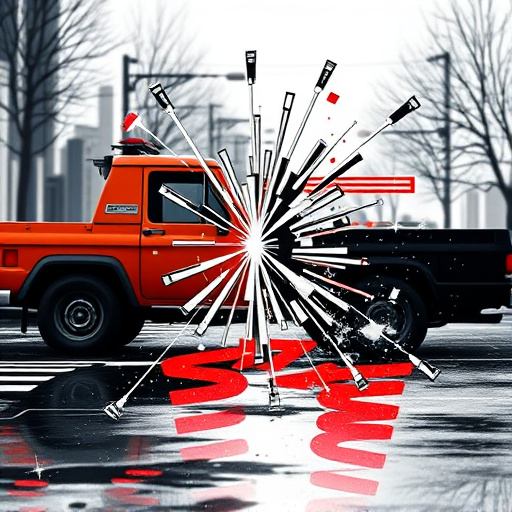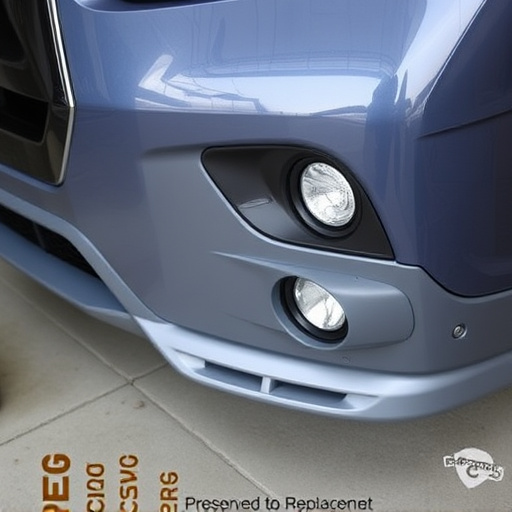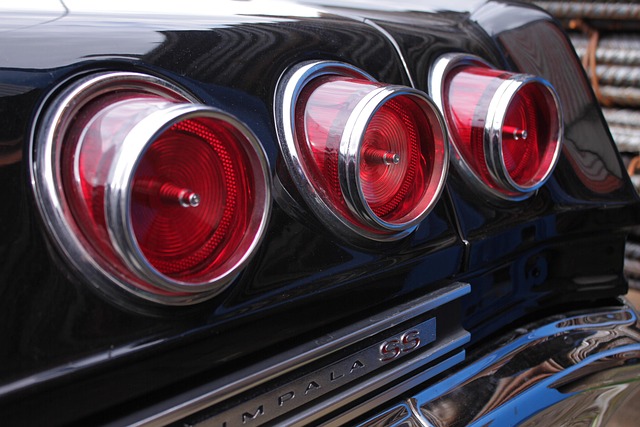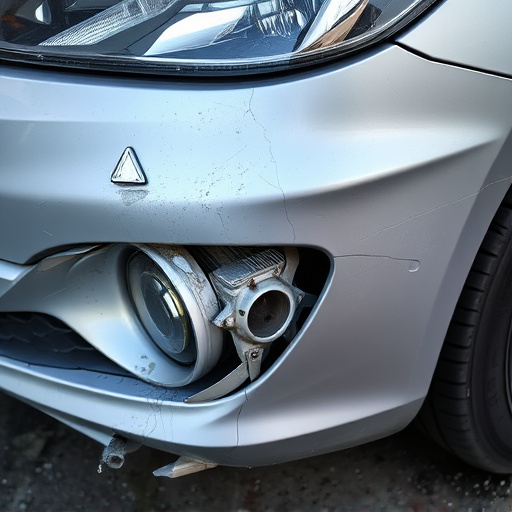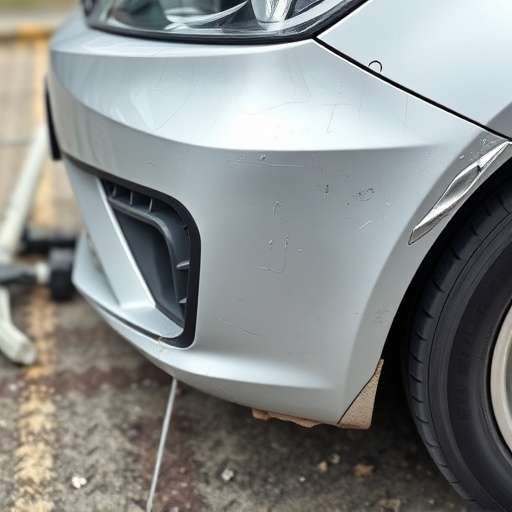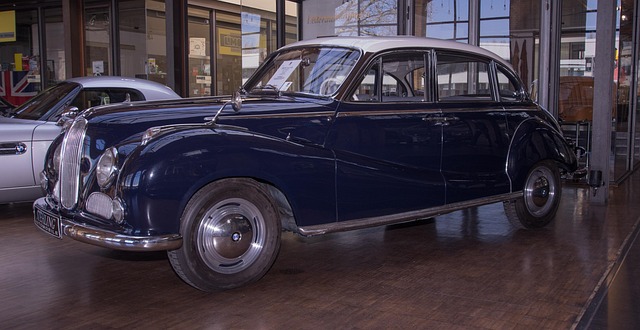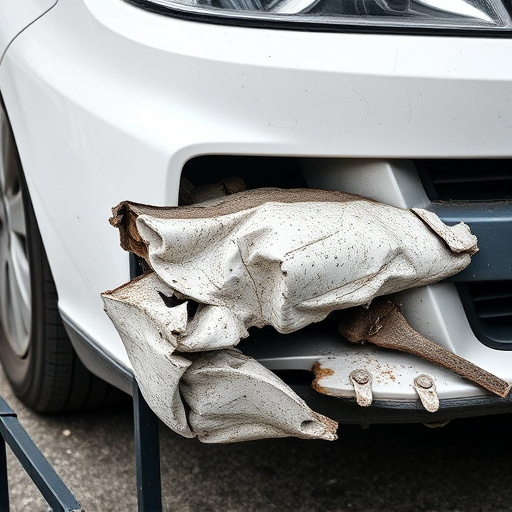Auto insurance typically doesn't cover weather-related damage post-collision, nor does standard home insurance for repairs related to inadequate sealing or fortification. Weatherproofing services are often considered enhancements. In severe weather areas, prioritizing weatherproofing after a collision, through methods like paintless dent repair, can protect against long-term costs from water damage or structural weaknesses. Consulting professionals in auto body repairs and weatherproofing is crucial for effective solutions.
After a collision, homeowners often face unexpected bills. One common question arises: will insurance cover weatherproofing repairs? Unfortunately, insurance policies typically exclude weather damage from coverage unless it’s specifically mentioned. This article aims to demystify insurance claims for weatherproofing after a collision. We’ll explore common policy exclusions and offer practical alternatives to protect your property from future weather-related issues.
- Understanding Insurance Coverage for Weather Damage
- Exclusions: What's Not Covered After Collision
- Protecting Your Property: Weatherproofing Alternatives
Understanding Insurance Coverage for Weather Damage
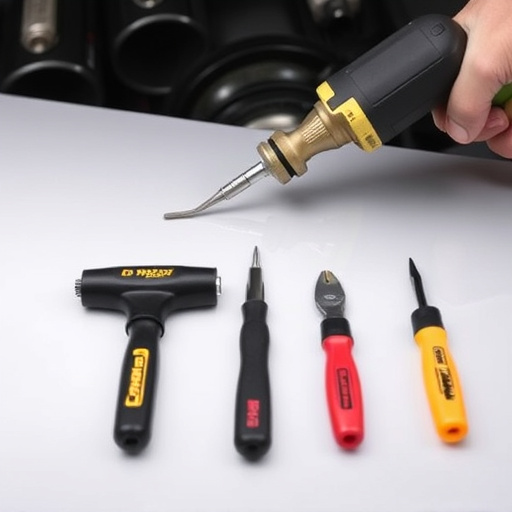
Insurance policies typically cover a range of damages resulting from accidents, including those caused by severe weather conditions. However, when it comes to weatherproofing after collision, the scope of coverage can vary significantly. Many standard auto insurance policies do not explicitly include specific provisions for weather-related damage that occurs post-accident. This is because such damages are often considered indirect consequences rather than immediate, direct results of a collision.
In the event of a fender bender or any automotive collision repair, it’s crucial to understand that insurance might not cover the costs of safeguarding your vehicle from subsequent weather conditions. For instance, if a severe storm occurs shortly after an accident and causes water damage to your car’s interior or structural issues due to wind, these may not be covered under standard liability or collision coverage. Body shop services that focus on preventing further weather-related damage, like sealing windows and doors or reinforcing the vehicle’s exterior, are generally considered enhancements and thus, might not be reimbursed by insurance companies.
Exclusions: What's Not Covered After Collision
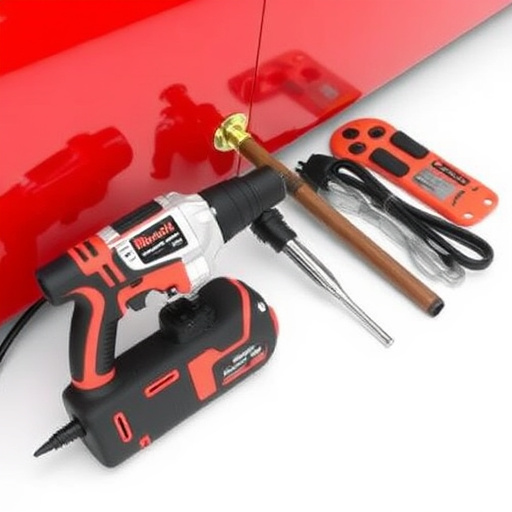
After a collision, homeowners often assume that their insurance policy will cover every repair needed to restore their property to its original state. However, insurance policies have specific exclusions, and weatherproofing is often one of them. This means that while your insurance might pay for visible damages caused by the accident, they typically won’t cover repairs related to protecting your home from future weather events.
For instance, if a storm causes further damage to your roof or walls because they weren’t adequately sealed or fortified before the collision, this additional wear and tear is usually not covered under standard home insurance policies. This is where specialized services like fleet repair for vehicles (including Mercedes Benz collision repair) often come into play for auto body repairs, as they understand the intricacies of vehicle construction and can address related issues. Similarly, for homeowners, consulting with professionals in auto body repairs and weatherproofing can help mitigate these excluded costs and ensure your home is protected from future damages.
Protecting Your Property: Weatherproofing Alternatives
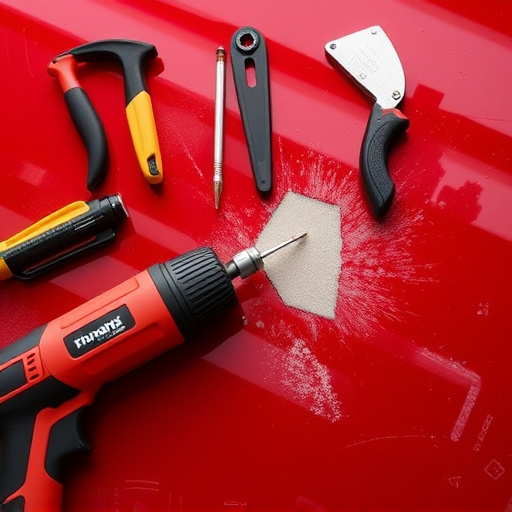
When a collision occurs, it’s natural to focus on repairing the car’s physical damages. However, it’s also crucial to consider protecting your property from future weather-related issues, especially if you live in an area prone to severe weather conditions. Weatherproofing alternatives can be a proactive step to prevent further damage after a collision.
Instead of solely relying on traditional methods that may not be fully covered by insurance, explore innovative solutions like paintless dent repair for minor damages and other auto repair services. Car bodywork experts can offer tailored repairs and enhancements, ensuring your vehicle is not only drivable but also weatherproof. By investing in these alternatives, you’re safeguarding your investment and avoiding potential long-term costs associated with extensive water damage or structural weaknesses caused by exposure to the elements.
While insurance may offer some protection against weather damage, understanding policy exclusions is crucial, especially regarding weatherproofing after a collision. If standard coverage doesn’t include weatherproofing repairs, homeowners have alternative options to safeguard their properties. By investing in robust weatherproofing measures, you can mitigate future risks and ensure your home remains protected from the elements, even after unexpected events.
